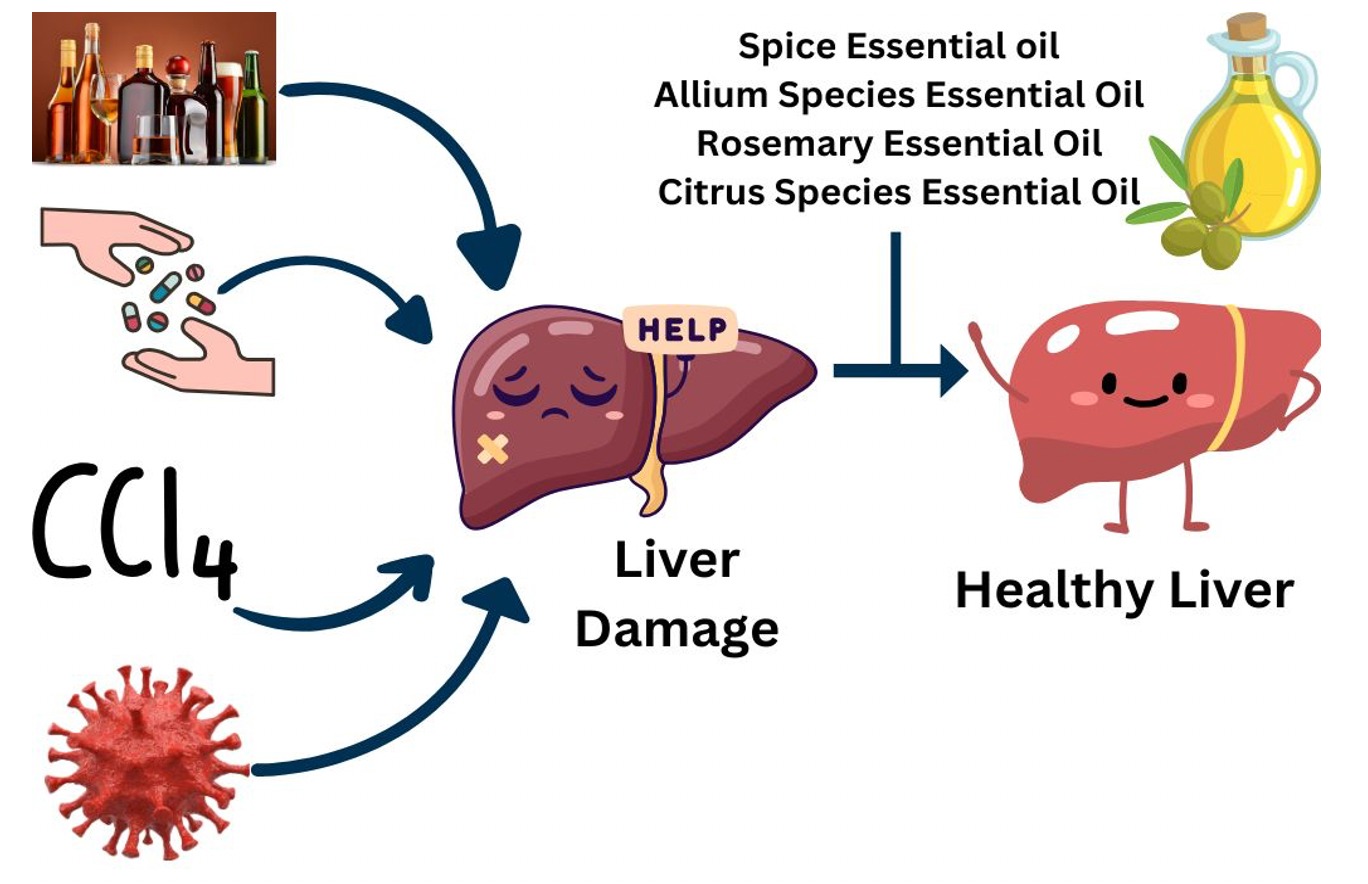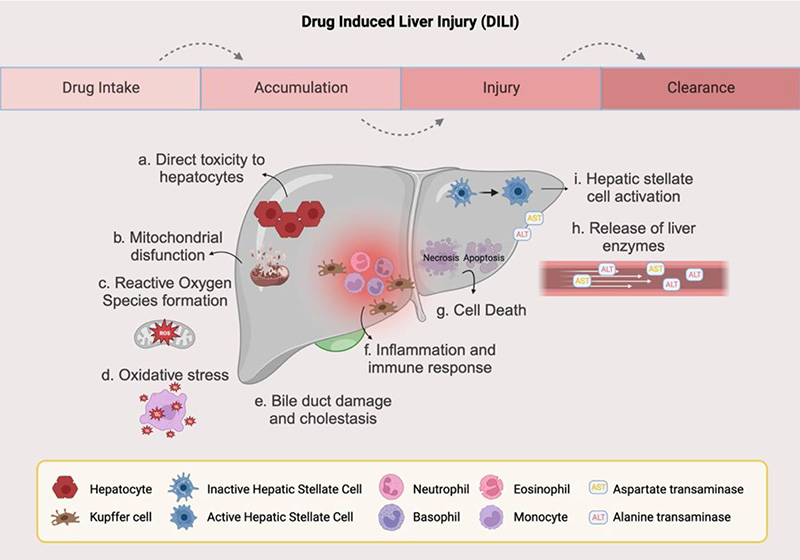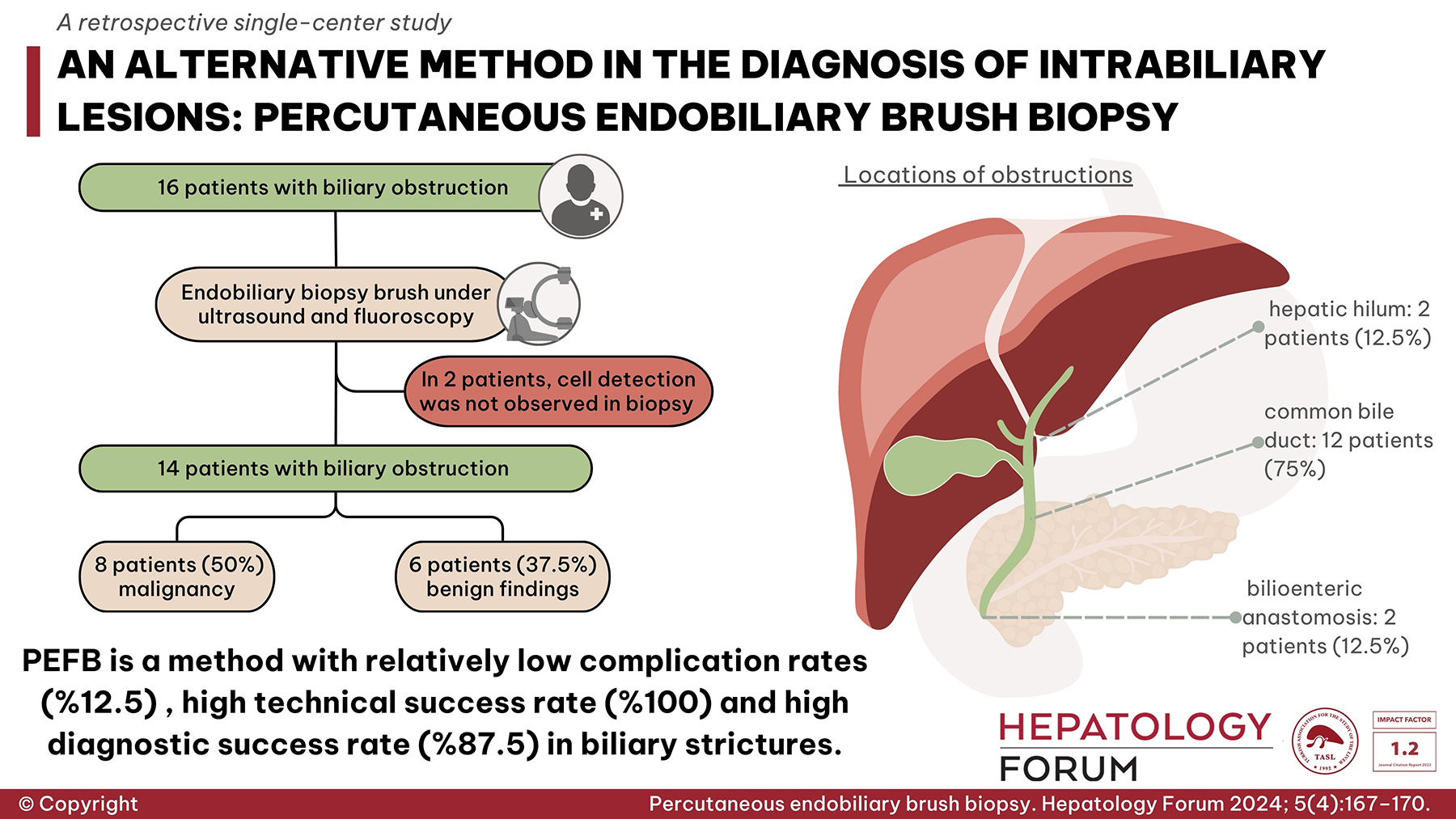2Department of Gastroenterology, Haydarpasa Numune Training and Research Hospital, University of Health Sciences, Istanbul, Turkey
3GLAB (Genomic Laboratory), Umraniye Training and Research Hospital, University of Health Sciences, Istanbul, Turkey
4Department of Gastroenterology, Umraniye Training and Research Hospital, University of Health Sciences, Istanbul, Turkey; 3GLAB (Genomic Laboratory), Umraniye Training and Research Hospital, University of Health Sciences, Istanbul, Turkey
Abstract
Background and Aims: The impact of chronic hepatitis B virus (HBV) infection and nucleos(t)ide analogs (NUCs) treatment on disease severity and clinical outcomes in patients
2 with COVID-19 is unknown. The aim was to determine whether HBV infection and the use of NUCs impact mortality in patients with COVID-19.
Material and Methods: We conducted a retrospective study of 231 adult patients (77 with COVID-19 and HBV coinfection) with a laboratory-confirmed diagnosis of COVID-19. Univariate and binary logistic regression analyses were performed to evaluate the risk factors for mortality from COVID-19.
Results: Patients with COVID-19 and HBV coinfection had a similar rate of mortality as those without HBV coinfection (7.8% vs 9.7%, p=0.627). Cardiovascular disease (OR 8.22; 1.52-44.2, p=0.014) and high basal AST level (OR 7.94; 1.81-34.8, p=0.006) were independent predictors of mortality from COVID-19. In the COVID-19 and HBV coinfection group, patients who died had significantly higher median levels of HBV DNA than patients who survived (378 IU/mL vs 0 IU/mL, p=0.048). Thirty (39%) patients with HBV coinfection were
receiving NUC treatment, and none of these patients died.
Conclusion: HBV infection was not associated with mortality in patients with COVID-19, and NUCs for HBV infection might have an antiviral effect on SARS-CoV-2 infection.





 Gupse Adalı1
Gupse Adalı1 









